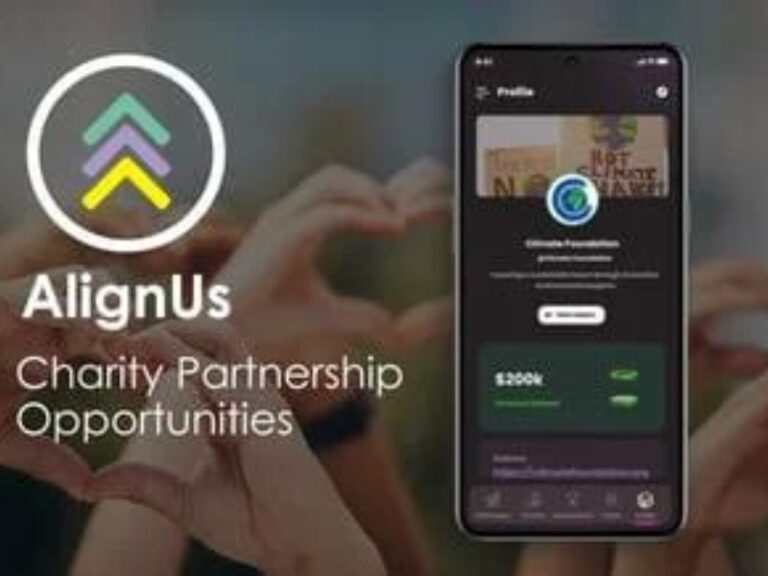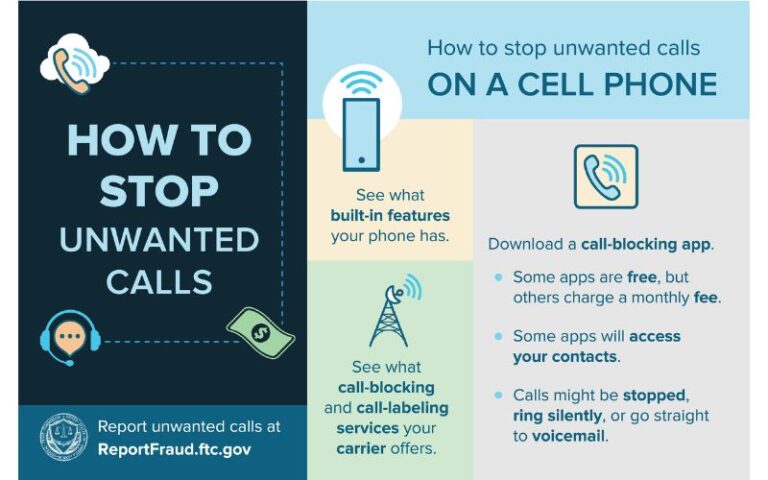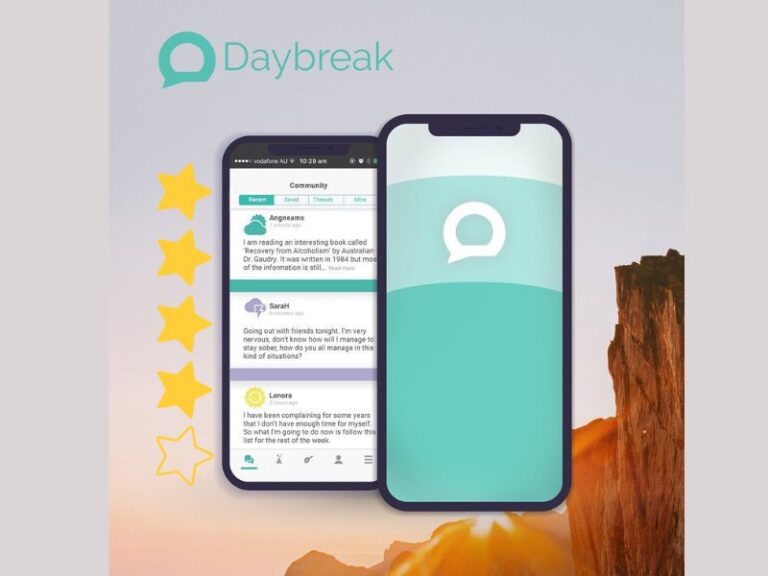Venmo vs Square: A Comprehensive Comparison of Mobile Payment Apps for 2024
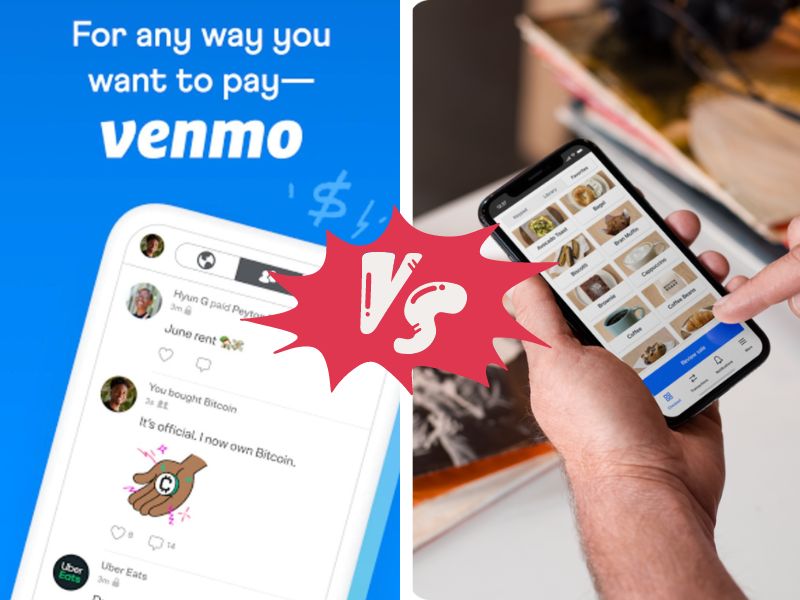
Venmo vs Square: Which Mobile Payment App Is Right for You?
Venmo Overview
Venmo may be a broadly utilized portable installment stage that permits clients to exchange reserves between accounts with ease. It’s particularly well known within the U.S., where both the sender and recipient must be based. Venmo offers consistent integration with charge cards, credit cards, and bank accounts. Moreover, clients can apply for a Venmo MasterCard, which can be utilized for exchanges a bit like a standard credit card.
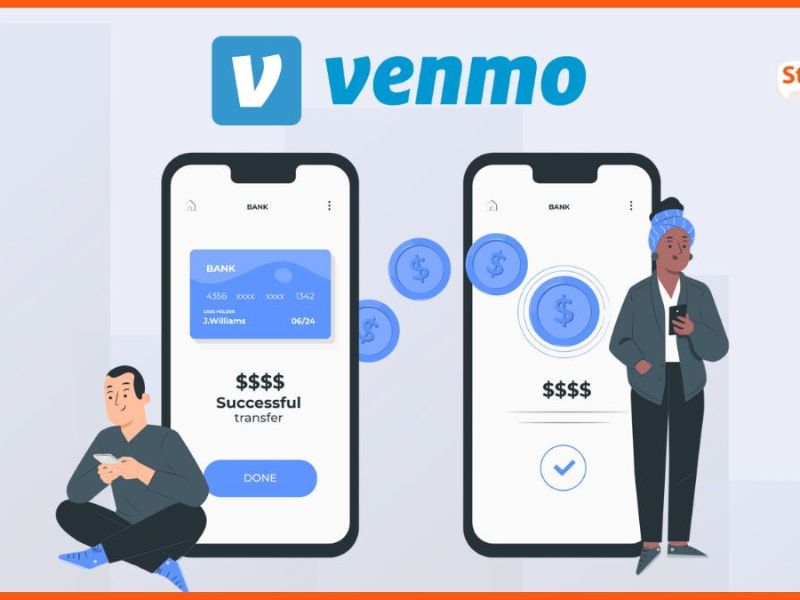
One of the standout highlights of Venmo is its capacity to pull back stores specifically from your connected bank account or charge card without any extra expenses. Be that as it may, exchanges made with a credit card cause a 3e. Venmo naturally deducts reserves from your connected accounts when your adjustment is insufficient, ensuring that your exchanges go through easily.
Square Overview
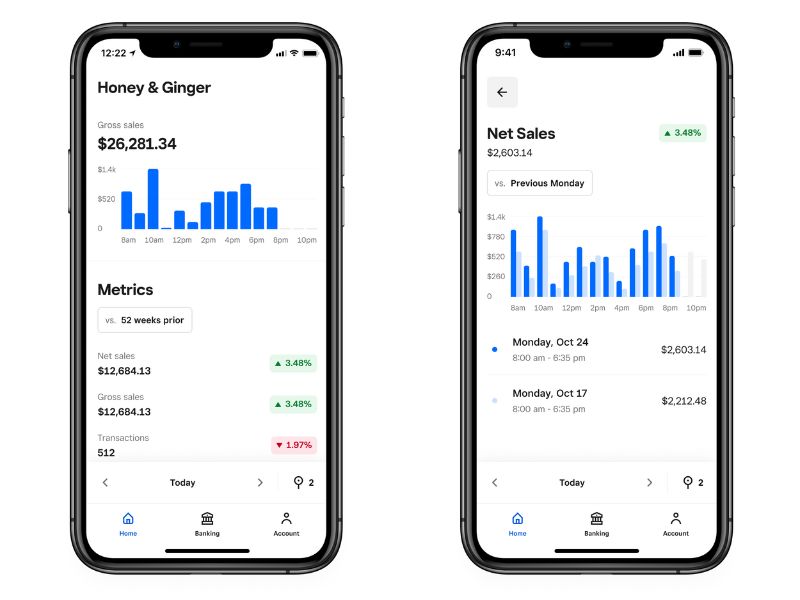
Square, a well-known title within the budgetary administration’s division, offers an extension of products under its umbrella, counting money App and Square Point-of-Sale. Money App permits clients to send and get cash at no cost through a portable app, whereas Square Point-of-Sale empowers vendors to handle installments easily.
Square is special in that it does not require a partitioned application or endorsement handle for its payment services, nor does it have the least prerequisites or month-to-month expenses. Its suite of items incorporates basic capacities like point-of-sale programs, online ordering, and installment preparation, making a comprehensive little trade administration arrangement.
How Venmo and Square Work
Venmo
To utilize Venmo, sign up through its site or portable app by giving your e-mail address, phone number, and bank account points of interest. Once your account is set up, you’ll be able to send or get cash as long as both parties have Venmo accounts. On the off chance that the beneficiary doesn’t have a Venmo account, they will have to make one to acknowledge the stores.
Venmo is especially user-friendly, with no expenses for exchanging or accepting money when employing a charge card, paid ahead-of-time card, or connected bank account. In any case, exchanges financed through a credit card do bring about a 3e. Clients have the option to hold their Venmo adjust or exchange reserves to reserve funds or checking account withdrawals taking between one to three commerce days.
Square
Making a Square account includes giving your mail address or phone number and selecting a one-of-a-kind $Cashtag, which can be utilized to get cash from others. Square’s Cash App offers an assortment of highlights, counting coordinate stores for assessing discounts and paychecks, Bitcoin buys, and stock ventures.
Square’s Cash App does not have expenses for sending cash from a connected bank account or Cash App adjust, but it charges 1.5% for quick exchanges and 3% for credit card exchanges. Investing limits on Square are also flexible: you’ll be able to send and receive up to $1,000 per month at first, with the choice to extend limits by confirming your personality. The most extreme everyday investing restrain on your cash card is $7,000, with a week-by-week cap of $10,000 and a month-to-month most extreme of $25,000.
Venmo vs Square: Key Comparisons
| Feature | Venmo | Square |
|---|---|---|
| Fees | 0% for exchanges from debit/prepaid cards, adjust, or bank accounts; 1% for quick exchanges; 3% for credit card exchanges | 0% for exchanges from a connected bank account or Cash App adjust; 1.5% for prompt exchanges; 3% for credit card exchanges |
| Payment Methods | Bank account, charge card, credit card Bank account | Bank account, charge card, Apple Pay, Google Pay |
| Transfer Speed | Speed 1-3 trade days for standard withdrawals | 1-3 commerce days for standard deposits |
| Spending Limits | Limits $299.99 per week; $4,999.99 per week (confirmed); $6,999.99 add up to week after week restrain | Up to $1,000 per month (expanded by confirming character); $7,000 per day; $10,000 per week; $25,000 per month |
| Ways to Receive | Bank account, mobile wallet, debit card, ATM | Bank account, mobile wallet, debit card, ATM |
| Supported Devices | iOS, Android, web browser | iOS, Android, web browser |
| Special Features | Quick transfers to banks | No need for a separate application |
Conclusion
Both Venmo and Square offer vigorous versatile installment arrangements with their possess unmistakable highlights. Venmo exceeds expectations in user-friendly exchanges and consistent bank exchanges, making it perfect for individual utilization. Square, on the other hand, gives a comprehensive suite of money-related administrations that cater to both individual and trade needs, with a center on adaptability and integration.
Eventually, your choice between Venmo and Square will depend on your particular needs—whether you prioritize ease of utilization for individual exchanges or a more flexible stage for a run of budgetary administrations. Both apps offer secure, proficient arrangements, so you can’t go off-base with either choice.
Must Read:
- Winn-Dixie Review: Pros, Cons, and What You Need to Know [2024]
- QuikTrip vs Kwik Trip: Comparing Convenience Store Chains and Their Offerings [2024]

